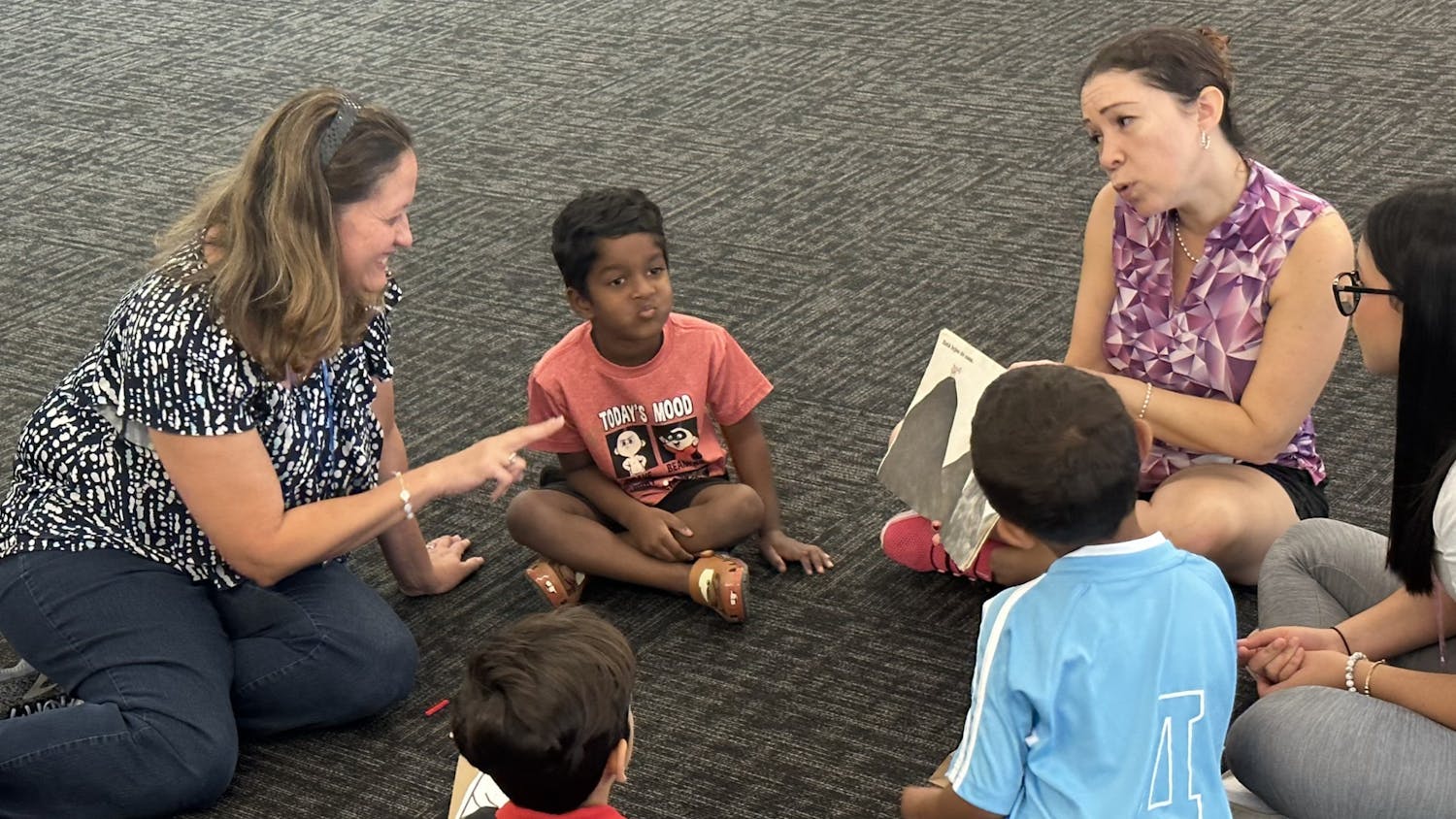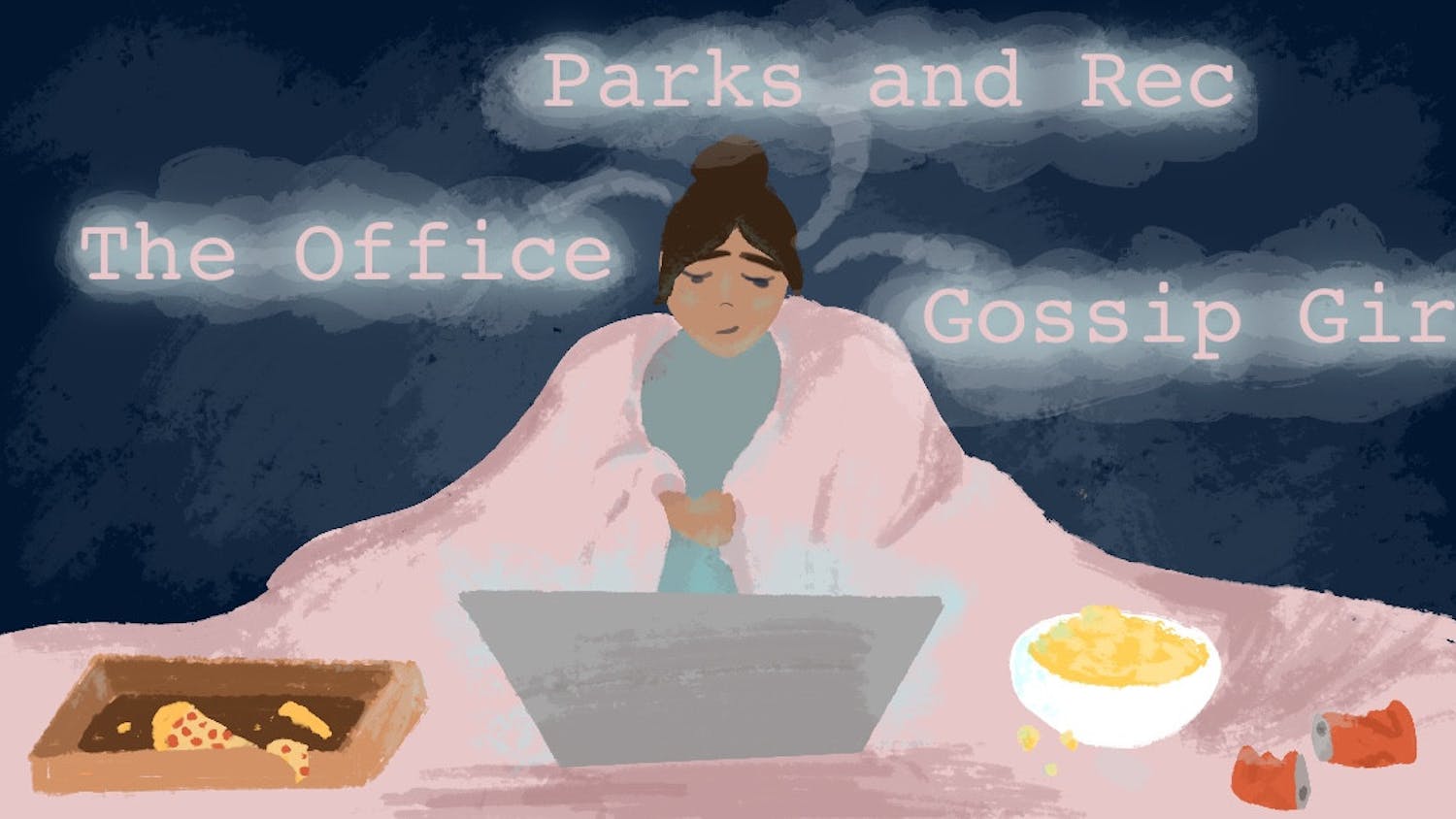Recently, Nickelodeon’s hit children’s show, “Dora the Explorer,” had a major makeover.
Dora, the show’s protagonist, was previously a vaguely androgynous 5- or 6-year-old child who regaled America’s toddlers with basic Spanish-language lessons and a couple of cute catchphrases — most famously “Swiper, no swiping!” Her new look has transformed her into a preteen, complete with all the accessories and mannerisms a girl is supposed to take on when she enters puberty.
Dora’s new persona includes makeup, a traditionally feminine outfit with frills and a troop of fun new girlfriends to take on the city together. The show even has new preteen boy characters to play potential crushes and a massive line of “Dora and Friends: Into the City!” products to rake in cash for the creators.
What was once an educational, wholesome children’s program has become “Sex and the City” marketed to a preteen audience.
In some ways, the changes make sense. Dora has been on the air since 2000. She’s growing up, right? It’s time for a makeover.
It’s no surprise the show’s designers turned Dora into a character who typifies the gender roles and heteronormativity that characterize American culture. Most other current children’s TV shows are also dripping with sexism and fail to include diverse aspects of gender and sexuality.
So why the fuss about Dora?
The answer is complicated. When I heard about the Dora makeover, I was saddened. It wasn’t because of the loss of the old Dora — the peak popularity of “Dora the Explorer” missed my generation by a few years — but because Dora getting older required a complete, socially acceptable makeover.
American media and social norms put a lot of pressure on girls to conform to the ideal female stereotypes they have created. There are expectations for a female’s body, her career path and which milestones she should reach at certain points in her life.
When we enter college, we face pressure to conform to what the media wants us to become in our later years.
Our society’s cultural norms say every woman should be a young, powerful 20-something who has her future planned out and goes out with her girlfriends every weekend.
Society tells us females must adapt to the norm if we expect to be acknowledged and have our voices heard. We have to say the right things, act the right way and even eat the right foods.
The change isn’t all bad. College is the perfect time for young adults to discover themselves and, sometimes, to become something new.
Despite the transitory nature of the teenage and college experiences, I’m upset with the media and the pressure of society having so much influence over young women. We are sometimes forced into roles that we haven’t chosen — roles with which we are uncomfortable. We may regret who we become out of a feeling that we need to fit in and obey the rules.
The media is a powerful and valuable tool, but the pressure it puts on women to adapt to a lofty ideal often results in discontent and a loss of self-confidence for countless American females.
The media’s influence is so great that even 10-year-old girls watching “Dora and Friends: Into the City!” may feel pressure to start remaking themselves into the perfect preteen in order to be noticed.
With that kind of power, what impact might the media have on a generation of young college-aged women trying to shape their own adult lives?
To what ideal will American women seek to conform: the one the media has created for us or our own?
Sally Greider is a UF English and public relations sophomore. Her columns appear on Tuesdays.
[A version of this story ran on page 6 on 9/16/2014 under the headline "New Dora sends wrong idea"]




